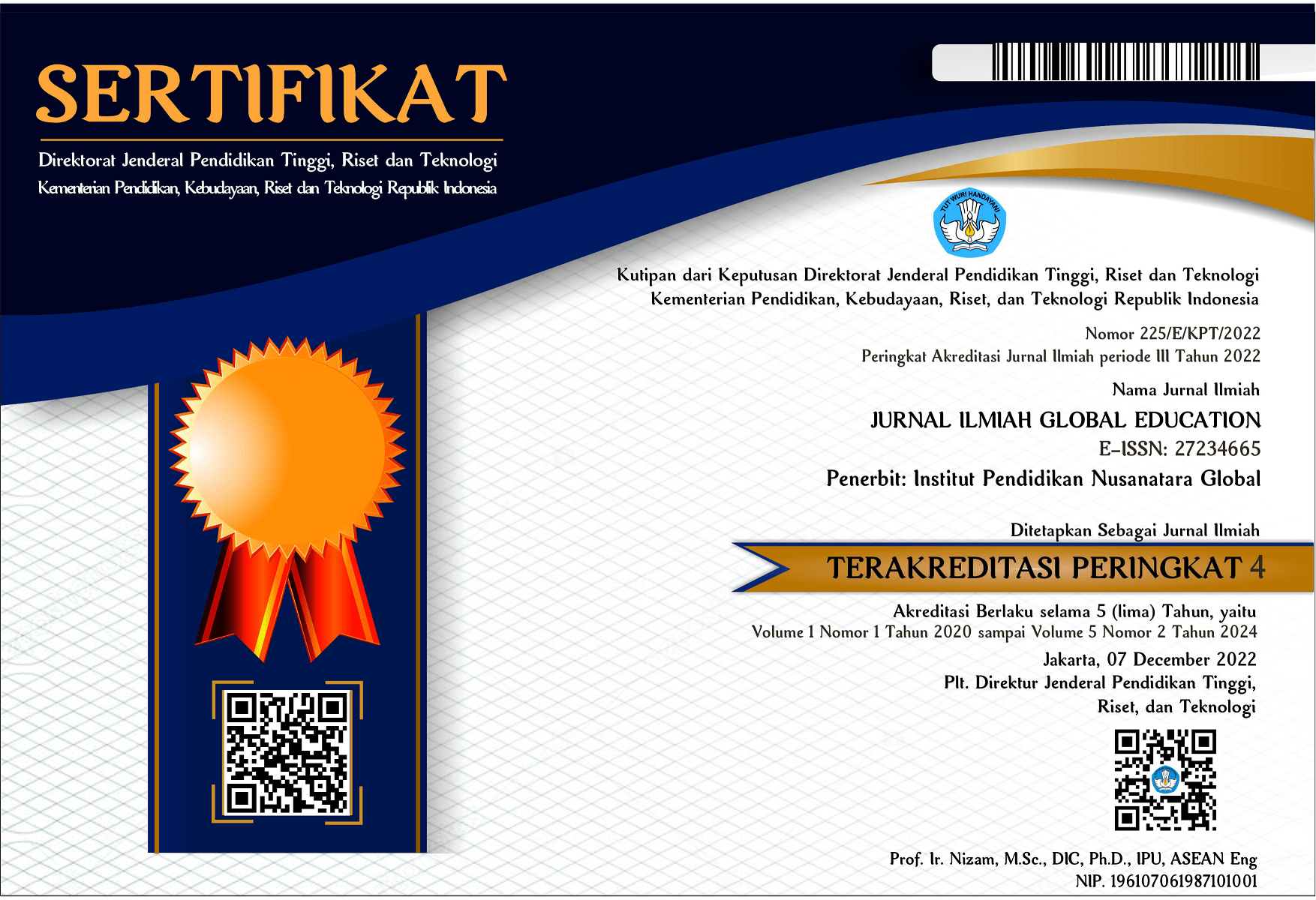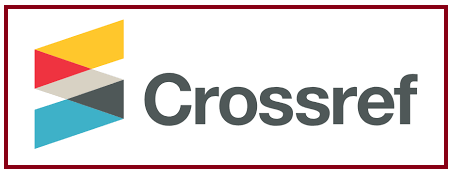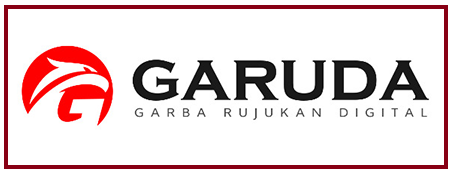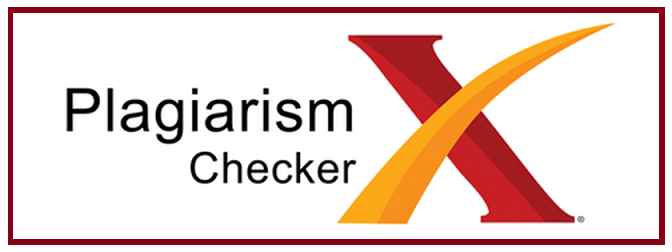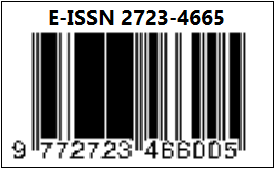Implementasi Kebijakan Pemerintah Tentang Pendidikan Al-Qur’an di Kecamatan Soreang Kota Parepare
DOI:
https://doi.org/10.55681/jige.v5i4.3629Keywords:
Implementation, Al-Qur'an Education, Government PolicyAbstract
The implementation of government policies related to Quranic education in Soreang District, Parepare City, is an important issue that needs to be studied and comprehensively understood. Therefore, research and analysis are necessary to ensure that the implementation process, particularly in terms of teaching and development, is given priority so that the Quranic education policies issued by the government can be successful and effective. Without government policies related to Quranic education, the community members who manage Quranic education programs, such as Quranic Education Parks (Taman Pendidikan Al-Quran), would lack legitimacy. The implementation of government policies include: the first aspect concerns the government policies themselves; the second pertains to Quranic education as the substance of the research; and the third involves the urgency and benefits of Quranic education for the Muslim community in Soreang District, Parepare City. These three aspects will be discussed in this article to be understood and serve as a learning resource, especially for Muslims, particularly children and adolescents, who must understand and possess the ability to read the Quran. The implementation of government policies related to Islamic education outside formal schools should be a concern for all, including parents, community leaders, religious figures, and Muslim children, so that its implementation can meet expectations. If Muslim children and adolescents can read the Quran fluently, then the success of Quranic education in Soreang District, Parepare City, can be categorized as a successful in the community. The success of Quranic education in this district is marked by the ability of teachers (ustads and ustadzahs) to effectively teach their students, evidenced by their ability to read the Quran well. The implications of this research are: first, the government's policy provides ample opportunities for the Muslim community to educate their children in Quranic educational institutions, such as Quranic Education Parks in Soreang District, Parepare City. Second, there is a realization of improved quality in teaching, especially Quranic education, as Quranic education requires qualified teachers. Third, the students (santri) who receive knowledge from these educators will be able to understand and apply it in their worship, religious life, and community involvement.
Downloads
References
Abdul Mun’im Amaly (2021) Kecakapan Guru Pendidikan Agama Islam dalam Mengoptimalkan Pembelajaran Berbasis Teknologi. Jurnal: Al-Thariqa, P-ISSN 2527-9610 EISSN 2549-8770, 6(1), 6712.
Abdul Rahman Getteng. 2019. Menuju Guru Profesional dan Beretika. Cet. I; Yogyakarta: Graha Ilmu.
Agustinus (2021). Tanggu Daga: Jurnal Education. Makna Merdeka Belajar dan Penguatan Peran Guru di Sekolah Dasar. P-ISSN 2459-9522 E-ISSN 2548-6756, 7(3), 10751090.
Aulia Rahman, dkk. (2023). Teori Belajar Humanistik dan Implikasinya dalam Pembelajaran. Anthor: Education and Learning Journal, e-ISSN: 2963 – 198X p-ISSN: 2963 – 2498, 2(3), 402–409.
Catherien Suci (2019) Rekonstruksi PAI Bertema Ibadah: Wudhu’ serta Implementasinya pada Aspek Penilaian Sikapa. Jurnal: Dibuna, P-ISSN: 2252-5793, EISSN: 2622-7215, 8(2), 2622-7215.
Eko Budi Praseyo (2022). Asumsi Dasar pada Ilmu Pengetahuan Menjadi Basis Penelitian Pendidikan Islam. JIIP-Jurnal Ilmiah Ilmu Pendidikan, 5(2),, 380-386
Laela Hamidah Harahap (2023). Journal of Islamic Education El Madani. Problematika Pembelajaran Materi Pendidikan Agama Islam di Madrasah. e-ISSN 28277767, 2(2), 94–99.
Maulana Akbar Sanjani (2020). Tugas dan Peranan Guru dalam Proses Peningkatan Belajar Mengajar. Jurnal Serunai Ilmu Pendidikan. e-ISSN 2621–2676, p-ISSN 2528–0775, 6(1), 35–42.
M. Yusuf Ahmad dan Siti Nurjannnah (2016). Hubungan Materi Pembelajaran Pendidikan Agama Islam dengan Kecerdasan Emosional Siswa Jurnal Al-hikmah, ISSN 1412-5382 13(1), 1–17.
Muhammad Ali Shomali. Seri Referensi Islam: Etika. Cet. I; Jakarta: Citra, 2016,
Muhammad Yusron, Maulana El-Yunusi (2022). Ilmu Pendidikan Islam Sebagai Bentuk Kajian Masyarakat Milenial. Studi Religia: Jurnal Pemikiran dan Pendidikan Islam, PISSN: 2598-2834, E-ISSN: 2416-1896. 7(2), 202–219.
Monica Febriana Suwandi (2021). Strategi Peningkatan Kompetensi Guru dalam Proses Belajar Mengajar. Jurnal Ekonomi dan Pendidikan, Universitas Kristen Satya Wacana, Indonesia, 18(1), 76–94
Nurfatimah Sugrah Humanika (2019). Implementasi Belajar Teori Kontruksivisme dalam Pembelajaran Sains, Jurnal Kajian Ilmiah Mata Kuliah Umum, FKIP Universitas Khairun 19(2).121-138.
Peraturan Walikota Parepare Nomor 10 Tahun 2015 Tentang Pendidikan Baca Tulis Al-Qur’an, 2015.
Usiono (2020). Rekonstruksi Pendidikan Islam Kontemporer (Sebuah Tinjauan Filsafat Pendidikan Islam). Jurnal Mudarrisuna: Media Kajian Pendidikan Agama Islam. ISSN 2089-5127 (print) | ISSN 2460-0733 (online), 1(2),13337
Thamrin Efendy (2023). Konsep Sistem Among Dalam Pendidikan Menurut Ki Hadjar Dewantara, JMI: Jurnal Multidisiplin Indonesia, E-ISSN: 2963-2900, P-ISSN: 2964-9048, 2(6), 203–220.
Usiono (2020). Rekonstruksi Pendidikan Islam Kontemporer (Sebuah Tinjauan Filsafat Pendidikan Islam). Jurnal Mudarrisuna: Media Kajian Pendidikan Agama Islam. ISSN 2089-5127 (print) | ISSN 2460-0733 (online), 1(2),13337
Pebria Dheni Purnasari, dan Yosua Damas Sadewo (2020). Pemanfaatan Teknologi Dalam Pembelajaran Sebagai Upaya Peningkatan Kompetesnsi Pedagogik.Publican Journals UNM: Jurnal Publikasi Pendidikan, p-ISSN 2088-2092 e-ISSN 2548-6721189, 10(2), 189–196.
Downloads
Published
How to Cite
Issue
Section
License
Copyright (c) 2024 Mukhtar Mas'ud, Bahtiar

This work is licensed under a Creative Commons Attribution-ShareAlike 4.0 International License.


